Dairy Intake Linked to Decreased Diabetes, Hypertension Risk
Characterized by elevated blood pressure, abdominal obesity, elevated triglycerides, low high density lipoprotein cholesterol, and elevated blood glucose, metabolic syndrome (MetS) has been associated with an increased risk of cardiometabolic diseases. Researchers continue to evaluate the role of nutritional behaviors in the development of these conditions, including cardiovascular disease and type 2 diabetes. In particular, […]
Caloric Deficiencies Increase Risk of HF Hospitalization
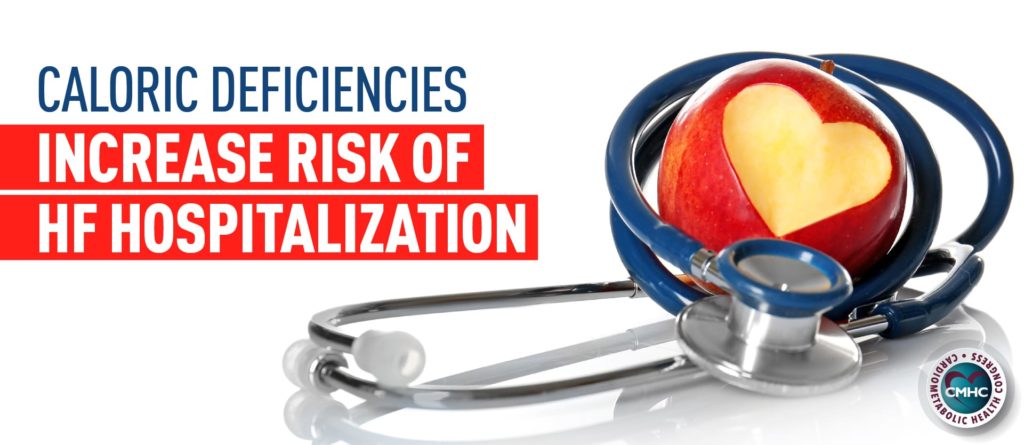
Heart failure (HF) remains a deadly disease tied to a high risk of hospitalizations, reduced cardiorespiratory fitness and a subsequently reduced quality of life. Targeted treatments and lifestyle interventions continue to show promising results in improving HF outcomes although, there is limited evidence of their role in decompensated patients admitted to the hospital for acute […]
The Effects of Plant-based and Animal-based Proteins on Cholesterol Levels
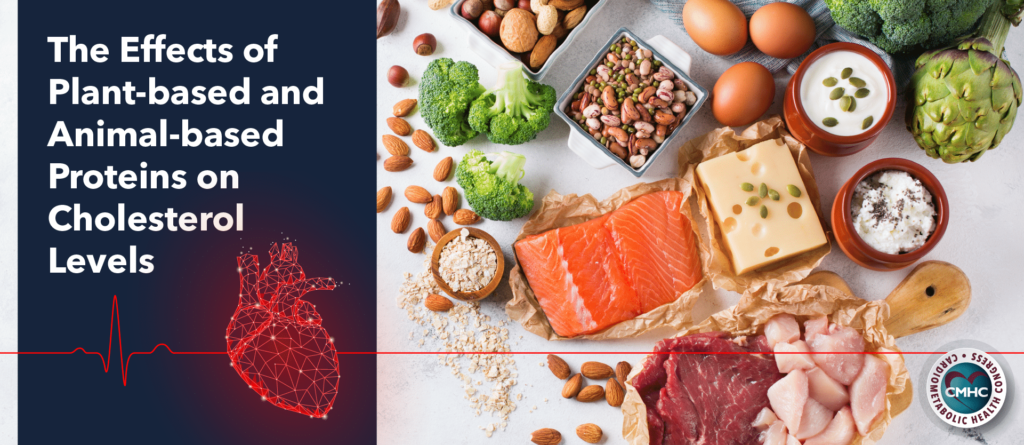
In an era of increasingly varied diet plans and nutritional alternatives, the debate concerning animal-based versus plant-based diets for optimal health outcomes is as pertinent as ever. While the dangers of excessive saturated fat consumption are well-known, the full extent of complications related to animal-based, fat-rich diets such as Western-style eating remains under examination. According […]
Could Exercise Counter a Sedentary Lifestyle?

On average, Americans currently spend around 11 hours a day sitting and research suggests that only about 20% of adults are meeting physical activity guidelines. The trend toward increasingly sedentary lifestyles is becoming a significant public health issue, resulting in an estimated $24 billion in direct medical spending. Research has long shown that a sedentary lifestyle […]
Plant-Based Diets for Lowering CV Mortality Risk
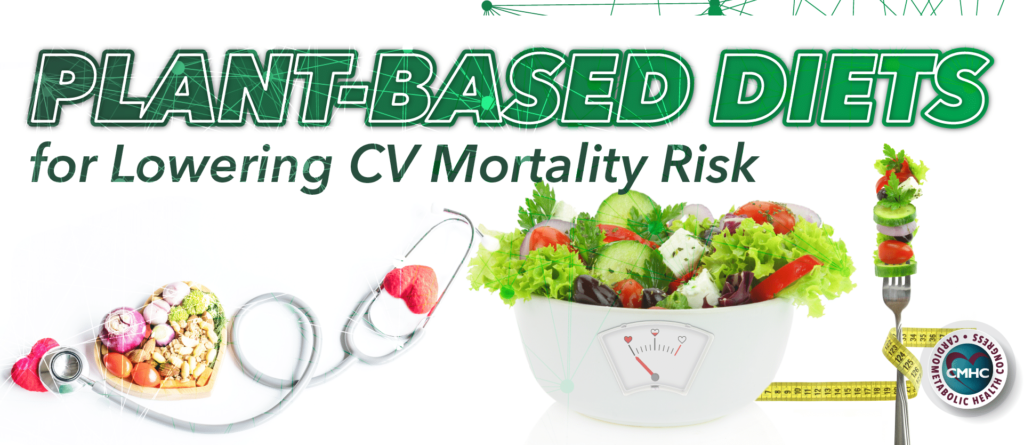
The anti-inflammatory and antioxidant effects of vegetable-focused diets are well-known, however, recent research reveals that the quality of plant foods is just as important as their quantity. Not all plant-based diets are equal and those centered around high-quality, healthy plant foods have been proven to greatly surpass plant-based diets with less-healthy foods which can ultimately […]
Higher Egg and Cholesterol Consumption Increases Heart Disease and Death Risk
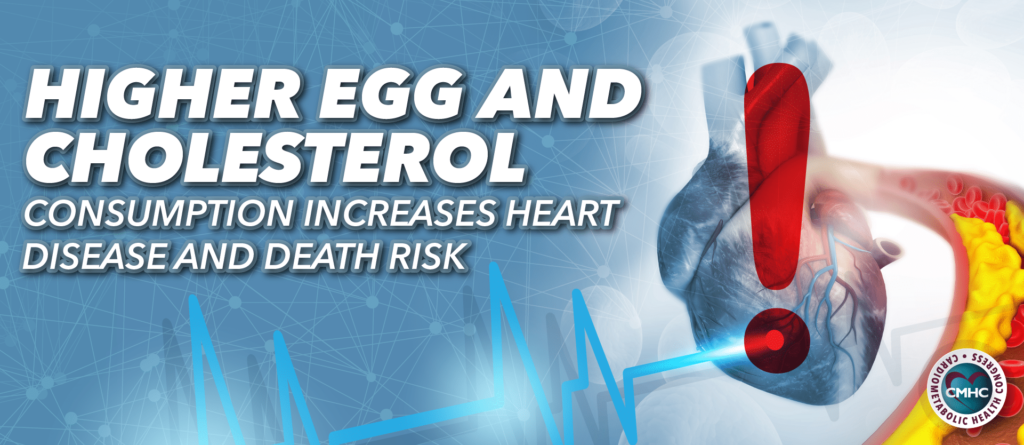
Contrary to 2010 guidelines, the new 2015-2020 Dietary Guidelines for Americans from the U.S. Department of Health and Human Services no longer limits the consumption of dietary cholesterol, which used to be 300 mg per day, nor does it advise against eating eggs. In fact, the current dietary recommendations include weekly egg consumption as part of a […]
Nuts Help Heart Health for People With Type 2 Diabetes
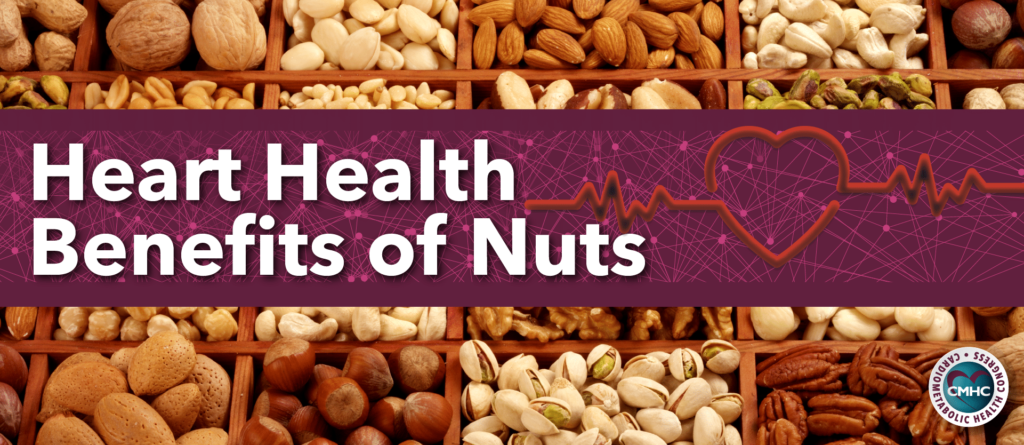
A growing amount of recent research indicates that consumption of nuts can reduce the risk of cardiovascular disease: as nuts contain unsaturated fatty acids, fiber, protein, vitamin E, folate, and several minerals, such as potassium, zinc, and magnesium—and boast additional bioactive chemicals, including phenolics and phytosterols. New findings published in Circulation Research, a journal part […]
Lifestyle Changes Help Reduce Cardiometabolic Risk

Chronic conditions now dominate healthcare, both in terms of expenditures and effects on patient quality of life. Over half of Americans have at least one diagnosed chronic condition. When solely considering cardiometabolic syndrome, 57.5% of Americans are estimated to have prediabetes, undiagnosed diabetes, or diabetes, and rates of metabolic syndrome continue to rise. To effectively […]
Heart Health Benefits of Walnuts

In recent years, studies have increasingly suggested that consumption of nuts can boost heart health, as nuts contain unsaturated fatty acids, fiber, protein, vitamin E, folate, and several minerals, such as potassium, zinc, and magnesium. Nuts also boast additional bioactive chemicals, including phenolics and phytosterols. A 2016 study in the British Medical Journal reinforced the […]
Meat Proteins Increase Risk of Heart Disease by 60%
A recent study published in the International Journal of Epidemiology has found that eating meat regularly is associated with a 60 percent increase in the risk of heart disease, while plant-based proteins have been found to benefit the heart. Researchers who investigated the effects of different sources of protein on the heart found that people […]













